Seasoned Probate Attorney in Manhattan | Expert Guidance for Estate Settlement
Trusted Legal Counsel for Probate Matters in the Heart of Manhattan, NY
Free consultation 24/7
Got a Problem? Consult With Us
For Assistance, Please Give us a call or schedule a virtual appointment.
Recognition






About Us
Welcome to Morgan Legal Group, your trusted partner in navigating the complexities of probate law in Manhattan. At Morgan Legal Group, we specialize in providing expert legal counsel and support to individuals and families facing probate challenges. With a focus on personalized service and a commitment to achieving favorable outcomes for our clients, we understand the importance of handling probate matters with care, diligence, and expertise.
Our firm takes a client-centered approach to probate representation, prioritizing clear communication, responsiveness, and attention to detail. We recognize that every probate case is unique, and we tailor our services to meet the specific needs and goals of each client. Whether you’re navigating the probate process for the first time or seeking assistance with a complex estate, you can rely on Morgan Legal Group to provide you with the guidance and support you need to navigate probate with confidence.
Why Choose Us
With our team of experienced attorneys and our in-depth knowledge of New York probate laws and procedures, we have the skills and resources to effectively represent your interests and protect your rights throughout the probate process. Let us put our expertise to work for you and provide you with the peace of mind that comes from knowing your probate matters are in capable hands.
Choosing the right probate attorney is crucial to ensuring a smooth and successful resolution of your probate matters. Here’s why Morgan Legal Group is the top choice for probate representation in Manhattan:
Experience and Expertise
With years of experience in probate law, our attorneys have a deep understanding of New York probate procedures and laws. We have successfully handled numerous probate cases, ranging from simple estates to complex litigation, and we have the knowledge and skill to navigate any probate-related issue that may arise.
Personalized Approach
We understand that every client’s situation is unique, which is why we take a personalized approach to probate representation. We take the time to listen to your concerns, understand your goals, and tailor our legal strategies to meet your specific needs and objectives.
Responsive Communication
Dealing with probate matters can be overwhelming, and we are committed to being there for our clients every step of the way. We prioritize responsive communication and are always available to answer questions, address concerns, and provide updates on the progress of your case.
How we work:
Streamlining the Probate Process
At Morgan Legal Group, we streamline the probate process with our strategic approach:
Initial Consultation:
We begin by conducting a thorough assessment of your situation during an initial consultation. We take the time to understand your unique circumstances, goals, and concerns.
Strategic Planning:
Once we have a clear understanding of your needs, we develop a customized probate strategy tailored to your specific objectives. We outline the steps involved in the probate process and provide you with a roadmap for moving forward.
Efficient Execution:
With our expertise in probate law and meticulous attention to detail, we efficiently navigate each stage of the probate process. We handle all necessary paperwork, court filings, and communications with involved parties to ensure that the process proceeds smoothly.
Timely Resolution:
Our goal is to bring your probate matters to a timely resolution while minimizing stress and hassle for you. We keep you informed every step of the way and work diligently to achieve the best possible outcome for your situation.
Contact Us
Ready to streamline the probate process and protect your interests? Contact Morgan Legal Group today to schedule a consultation with one of our seasoned probate attorneys. Let us provide you with the expert guidance and support you need to navigate probate with confidence.
Get in Touch
FAQ
Recognition







